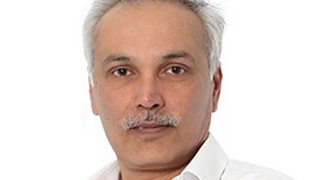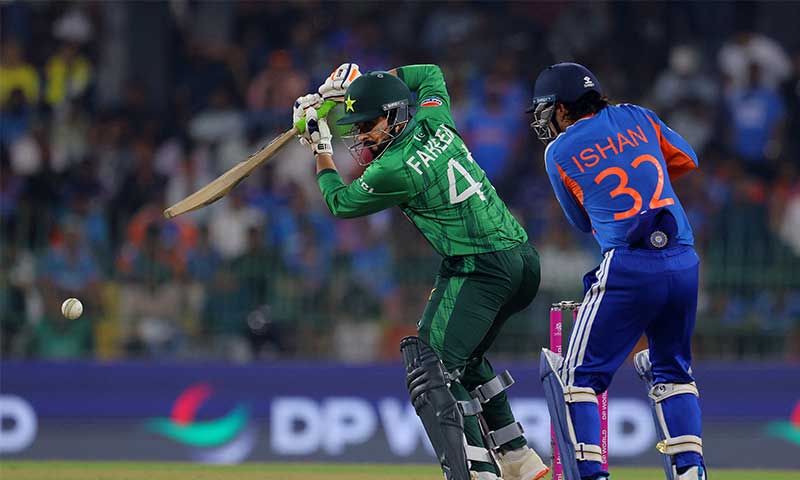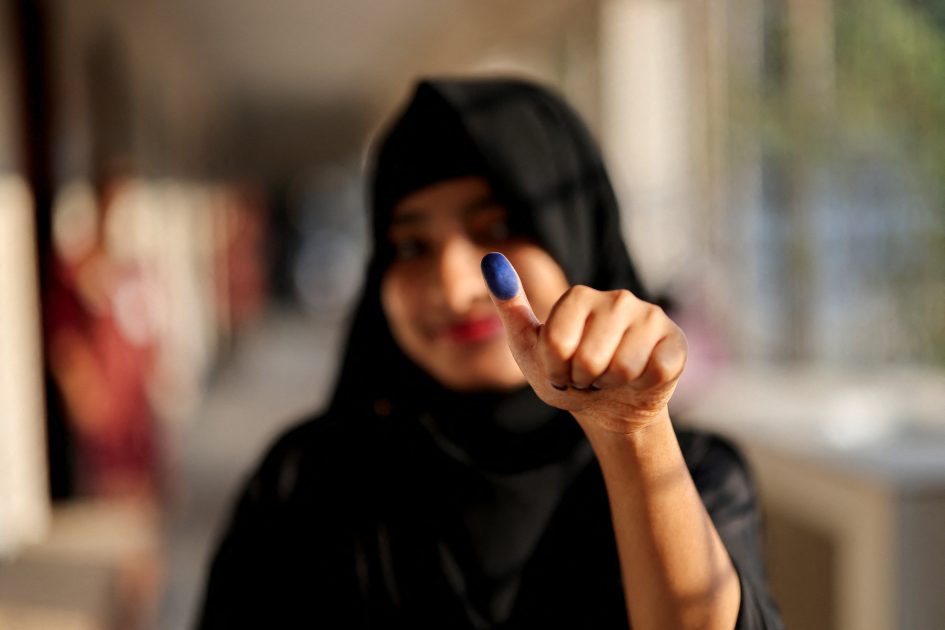- Web Desk
- Feb 16, 2026
The view from deep within
When General Pervez Musharraf took charge, his first comment on the role he had forcibly acquired for himself was that Pakistan is a hard country to govern. Given that he had wantonly dispensed with the most effective tool for governing a hard country – a democratic dispensation – it came as no surprise that by the time we saw his back, Pakistan was an even harder country to govern. And that, perhaps, is the only continuum we have seen in the pattern of governance since his departure: Pakistan’s continuous slide into a management nightmare.
Why then, are our politicians so keen to be in charge? So keen that it doesn’t matter what sort of an election has been offered to them, how the odds have been stacked against some and in favour of others, how some have been fooled into thinking they can be the new ladlas and how some others are hoping to capitalise on their foolishness. Like blinkered horses, they seem to have eyes only for the finish line with no thoughts on the trophy that awaits them, a thorny one given that all of them, without exception, seem to be racing against their own stated ideals.
For a country facing a real possibility of an economic collapse, it is almost surreal to watch our politicians gunning for each other’s throats, not one of them coming up with even a remotely workable solution to the real challenges that await them. The spending plans offered by all major parties dressed up as their manifestos say nothing of where they will find the money they are promising to spend on our welfare, or of the institutional reforms that are the only route to it. Everyone just seems to have found different words to rename the utopia that once went by the name of Riasat-e-Madina.
Our thinkers in the meantime, or at least the few that still rely on reason over cacophony, are in despair, convinced that whichever way our leaders chose to battle the economic challenges ahead, one thing they cannot do without is a strong and stable government. To their despair, that is the one thing that does not seem to be anywhere in sight past the February 8 elections.
Imagine the possible shapes that our coveted trophy can take once the people have spoken. One is a scenario where Imran Khan’s beleaguered Tehreek-e-Insaf is, for once, correct in its assessment of its popular support. Having fielded candidates on 257 out of the 266 seats on offer, this scenario has a large number of Tehreek-supported independents returning to the parliament, all beholden to their leader for their victory, none able to break away from him for fear of being lynched by their voters back in their constituencies. Given our military leadership’s current mood, does this look like post-elections stability?
Or we can assume that Tehreek-e-Insaf has grossly misread the situation, so only its independents with a strong biradari vote bank may win, meaning that a group of 40 to 50 independents find themselves in a parliament where two major parties are looking to buy them out. Most of them will not have issues being bid for as they will be more beholden to their biradaris eager to have some access to government than their leader’s charisma. The resultant melee can only serve to strip the system of the last few shreds of credibility, a key ingredient in the formation of a stable government.
The third scenario has the Tehreek voter thoroughly demoralised, opting to stay away rather than having their say, resulting in a turnout so low that it will even put the 1997 turnout of around 35% to shame. Not a strong foundation for a stable government, is it?
Let us turn to the gambles now, starting with Mian Nawaz Sharif’s wager that his previous stints in government left a large enough reservoir of public goodwill to return him to power, a wager partly resting on the perception that he is the new ladla. Weighed down by his party’s historic inability to break into the Sindhi mind, and left without any allies in Balochistan and Khyber Pakhtunkhwa, he will be almost entirely dependent on a complete sweep in Punjab to be able to form a government – the same province where he faces a dual challenge: one from PTI-backed candidates and one from PTI-deserters contesting under the banner of Istehkam-e-Pakistan Party, one of the two king’s parties in the fray. Even if that happens, how likely is it for a federal government standing on support from only one province to stay upright for five years?
Finally, let us assume that Bilawal Bhutto Zardari’s gamble of wooing PTI voters works. Even at the best of times, Pakistan Peoples Party’s victory has never breached the 100-seat barrier in a general election, leaving it to scramble for support from smaller parties or independents every time it has formed a government. Not exactly a recipe for stability, is it?
Our political and military leaders have dug many holes for us in the past, but never one as wide as this. In the past, there was at least a method to their madness: every hole was meant to house one, keeping all others out. This time, they seem to have ensured that no one stays out, leaving all of us wondering what the future may look like in the darkness of its depth.






